Icelandic fisheries companies take their responsibilities seriously as food manufacturers and as pillars of the economic prosperity for the Icelandic nation. Companies within Fisheries Iceland (Samtok fyrirtaekja f sjavarutvegi, SFS) have established a social responsibility policy that is based on the UN Sustainable Development Goals. The global goals were approved by the representatives of all UN member states in September 2015. Reference is made to the goals in the fisheries social responsibility policy.
Life Below Water
Maintaining healthy fish stocks and ensuring that information on fishing and the treatment of marine ecosystems is reliable, traceable and transparent is of great economic and social importance for the Icelandic nation. Proper and responsible treatment of natural resources is vital for ensuring that fish stocks in Icelandic waters continue to be sustainably harvested.
Increased greenhouse gas emissions have led to climate change and global warming. The ocean absorbs more heat and warms up, which in turn affects ocean currents and living conditions in the sea. The sea, moreover, absorbs large proportions of man-made carbon dioxide and this leads to the acidification of the ocean. Climate conditions, therefore, are a threat to fisheries in the Arctic region as well as elsewhere on our planet.
Fisheries Iceland wish to strengthen research into ocean ecology and marine chemistry and thus improve understanding of the effects of warming and acidification of the sea and plastic pollution on marine life.
Innovation and development
Innovation and investment are an important requisite for success in environmental matters. Innovation, moreover, lays the foundation for valuable jobs in the fisheries sector and related industries. This in turn lays the groundwork for continued development and achievement in environmental matters. The Icelandic fishing industry will continue to participate in these efforts. Innovation creates opportunities that no one can foresee, and therefore Fisheries Iceland will continue to analyse such opportunities, take advantage of data and invest in means and solutions for continued improvement.
Environment
Circular economy
- Fisheries Iceland seek to sort all waste generated at sea and on land and ensure that waste fishing gear is sent for recycling.
- By recycling and reusing, they seek to create value from waste generated from the operation of our companies. All waste generated at sea, such as fishing gear, plastics, waste oil, lubricants, packaging, metal and glass, is brought back on land and sorted to the extent possible.
- They promote education on the recycling of fishing gear and make sure that their own waste fishing gear is cleaned, sorted and sent for recycling.
- They do their part to help clean up the sea by delivering to port all ocean litter brought up by our nets.
- They ensure the traceability of their products.
- They strive to minimise the environmental impact of transportation and packaging and eliminate waste.
- They do not practice illegal, unreported and unregulated (IUU fishing).
- They make every effort to eliminate discarding.
- They make every effort to ensure food safety.
Minimising our carbon footprint
- measuring their carbon footprint
- reducing emissions even further
- offsetting and binding carbon
Energy use and switching to alternative energy sources
- When constructing new vessels, they focus on efficient energy use and environmental concerns from the outset.
- They try to identify opportunities to reduce the use of fossil fuels and increase the share of eco-friendly energy sources that are realistic and economically viable.
- As opportunities arise, they switch from HFC refrigerants to others that do not cause greenhouse effects. Furthermore, when commissioning new vessels, they focus on eco-friendly refrigerants.
Corporate governance
Code of conduct
- They are honest in their business dealings and safeguard the reputation of Icelandic fisheries.
- They seek to ensure that their operations are conducted in accordance with laws and regulations, whether domestically or abroad.
- They take responsibility for their own decisions and conduct and use their judgement in accordance with circumstances.
- They promote transparent operating practices and good relations both within and outside the workplace.
- They contribute their share to society, as provided for by law.
- They require their suppliers to comply with laws and regulations in all respects.
- They encourage employees to report any operational violations to company management.
Promote transparency and publish non-financial information
Social issues
Increase equality and ensure human rights
- Fisheries Iceland ensures equal opportunities and respect diversity.
- Fisheries Iceland does not tolerate discrimination. Discrimination on the basis of gender, sexual orientation or ethnicity is not permitted in the labour market.
- Positions will not be defined as male or female jobs, and they seek to ensure wage equality.
- Fisheries Iceland commits to complying with all applicable laws and regulations on human rights that deal with freedom of association, forced labour and slavery, child labour and inequalities in workplaces and more. They will never tolerate human trafficking or child labour, neither within their ranks nor among those who work for them.
- Fisheries Iceland respects their workers’ rights to freedom of association and collective bargaining.
Focus on ensuring occupational health and safety
Support the education system in the field of fisheries
- Fisheries Iceland support employees in increasing their knowledge and skills.
- Fisheries Iceland strengthens connections with the education system and promotes exciting job opportunities throughout Iceland.
- Fisheries Iceland takes an active part in improving the workplace.
- Monday
- Lunch – 12:30 – 2pm
- Evening – 4pm – 7:30pm
- Wednesday
- Lunch – 12:30 – 2pm
- Evening – 4pm – 7:30pm
- Thursday
- Lunch – 12:30 – 2pm
- Evening – 4pm – 7:30pm
- Friday
- Evening – 4pm – 7:30pm
- Saturday
- 4pm – 7:30pm
- Sunday
- 4pm – 7pm

